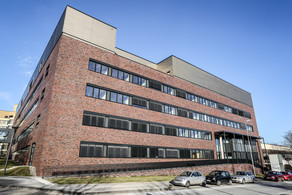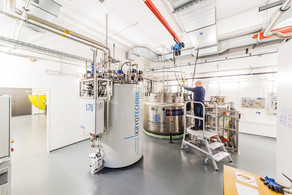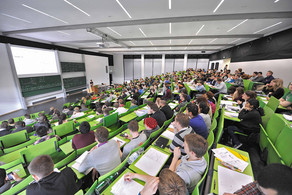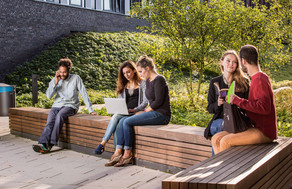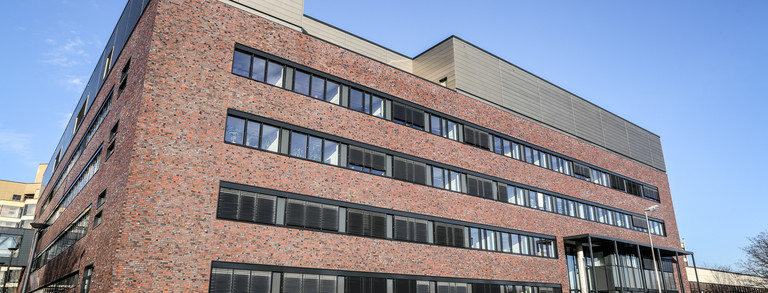New Junior Research Group as Part of the NRW Return Program on Quantum Technology
- News
- Research
![Dr. Moritz Cygorek [Translate to English:]](/storages/physik/_processed_/c/5/csm_picture_Cygorek_e32555da41.jpeg)
Dr. Moritz Cygorek's research focuses on the realistic description of quantum systems, which in practice are never isolated but always coupled to their local environment. As a rule, this leads to losses and the suppression of quantum effects on which modern quantum technologies are based. However, if the influence of the environment on quantum systems can be reliably predicted, control protocols can be developed that minimize unwanted environmental influences and thus significantly improve the quality of devices for quantum technologies. Dr. Cygorek says: "Research and development in recent decades has led to the fact that individual quantum systems can now be controlled very precisely. However, the advantages of quantum technologies for practical applications mainly arise when many quantum systems are controlled simultaneously and brought into interaction with each other. For the theoretical description, the problem arises that we have to describe large quantum systems in situations in which the description of individual systems is not easy due to the strong coupling to complex environments." To this end, Dr. Cygorek plans to develop new numerical methods that combine so-called process tensors with methods from quantum many-body theory and use them to describe the experiments of his collaboration partners.
Scientists funded as part of the NRW return program can freely choose the host research institution within NRW. Dr. Cygorek explains his decision in favour of TU Dortmund University: "TU Dortmund University enjoys an outstanding reputation in the field of solid-state physics, is very well networked internationally and also offers an excellent research infrastructure. There are experts there in many areas relevant to my work, for example on semiconductor quantum dots and spin systems, but also on quantum many-body theory. So there are many points of contact and I have also experienced great interest in my research questions. I am already looking forward to my new role as a junior research group leader and to the collaboration."
Dr. Cygorek will receive funding of around 1.2 million euros over a period of 5 years to implement his research concept.





